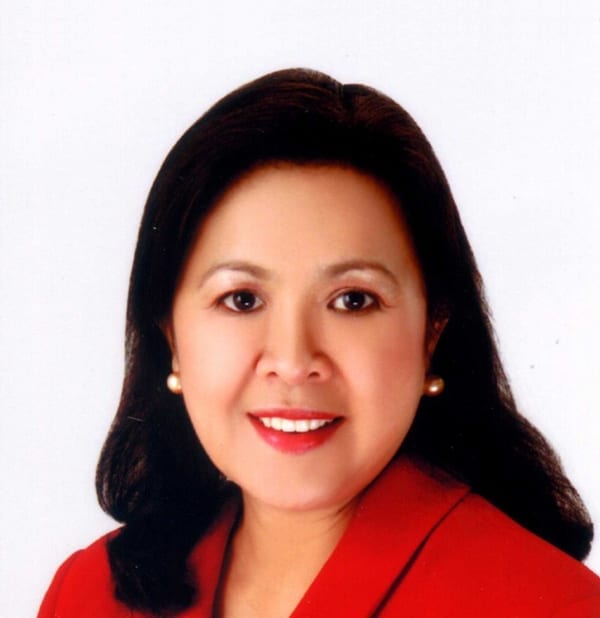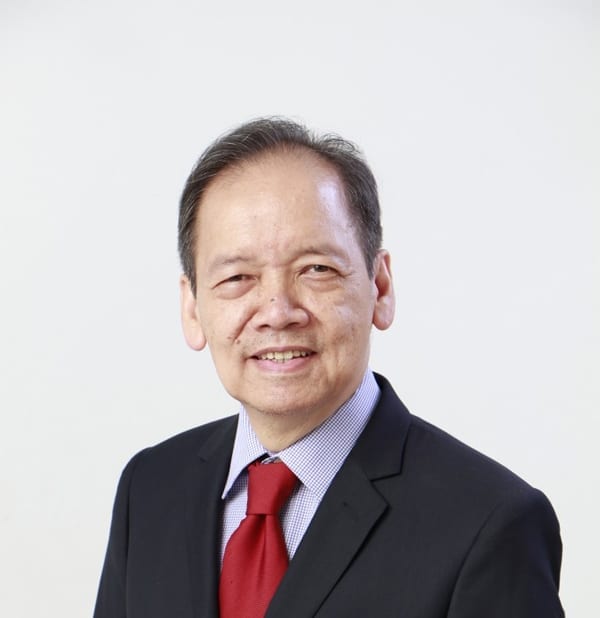
Q1: East West Seeds is the dominant market leader in vegetable seeds in the Philippines controlling majority of the market. How was this made possible in your industry?
A: This was made possible by a strong research and development, being close to the market (localized breeding and variety development), understanding the needs of our customers (farmers), excellent technology transfer services and engaged and highly motivated employees.
Q2: Your business model is to sell to farmers, dealers and financiers, but your company launched the game-changing ‘Tanim sa Kinabukasan’ advocacy in 2011 which added a business-to-consumer channel. How was the project conceived? Can you share with our readers the insight behind tapping grade 5 and 6 elementary school children to plant vegetables in schools?
A: The Philippines has the lowest per capita consumption of vegetables in Asia. Filipinos prefer to eat more meat, fish and rice and less of vegetables. The Tanim sa Kinabukasan project was conceived to address this concern. We thought of tapping grade 5 and 6 elementary school children for this project to raise their awareness of the health benefits of eating vegetables. With the “learning by doing” approach, we teaching them how to grow vegetables the modern way on a 1,000 sq. meter garden. By tending the garden, they learn the values of labor, responsibility, teamwork and patience. They experience a sense of achievement and fulfillment when they start harvesting the vegetables. The garden becomes a source of fresh vegetables for the school-feeding program. They share their stories at home and parents become interested in visiting the school garden, learn the modern way of growing vegetables and participate in the cooking contest which is organized during the harvest festival.
Q3: I understand the Tanim advocacy resulted to nearly doubling your sales in your initial pilot areas like Nueva Ecija. What was your experience in other areas?
A: The success of the TSK program hinges on a good partnership with DepEd, school officials, PTAs and local government units. We were able to replicate the experience in other areas such as Naga City, Sorsogon, Zamboanga, Cagayan de Oro, Bukidnon, Tarlac, Batangas, Laguna and some schools in Metro Manila. To date, there are about 170 TSK schools across the country.
Q4: Many Filipino children don’t like to eat vegetables, in fact, Filipinos consume only half of World Health Organization’s recommended consumption. How did the vegetable consumption of the school children who participated change? Did their school performance also improve?
A: We conducted a pre and post survey of the school children who participated in the TSK program. The results showed that their awareness of the health benefits of eating vegetables has increased and consumption rate has improved. There is no available data on monitoring of school performance and correlation to the TSK program.
Q5: What are the critical success factors that made ‘Tanim’ a success in expanding your market?
A: 1) Partnering with like-minded organizations with a good track record, e.g. Oh! My Gulay Foundation, Synergic Foundation.
2) A dedicated and competent staff with passion for teaching school children.
3) Buy-in of project partners/stakeholders – school officials, EPP (Edukasyong Pantahanan at Panlipunan) teachers, LGU officials, PTAs, school children, donors, DepEd, OMG.
4) Good location of vegetable gardens – fertile soil, not shaded, good drainage, water supply
5) Fun in learning/incentives – best garden plot contest; cooking contest; harvest festival/community day. 6) Added value of the school garden – supports the school feeding program; garden used a practicum for EPP subject; income generating project of the school.
Q6: I understand ‘Tanim’ has been expanded to help typhoon victims. Can you tell us about this?
A: East-West Seed launched a livelihood rehabilitation program in typhoon Yolanda-affected areas in Leyte and Samar. We provided vegetable start up kits consisting of seeds, fertilizer and some tools to farmers in 26 municipalities. We also provided training of vegetable production to these farmers in partnership with some LGUs and NGOs. We have assisted 5,379 farmers in total
Q7: To ensure sustainability, how do you protect yourself from competition imitating what you do?
A: To ensure sustainability, we provide a comprehensive training to EPP teachers and equip them with manuals and flip charts so they can continue with the program when EWS pulls out. As support, we continue to visit these TSK schools and provide them with vegetable seeds and technical assistance for the next cycle. The schools provide other gardening inputs.
There are other government agencies, companies/ organizations doing school vegetable gardening. We don’t mind because the playing field is big and we have barely scratched the surface. The important thing is these vegetable gardening programs will create awareness among the school children and the community and will drive increased consumption of vegetables. Being the market leader, East-West Seed will consequently benefit from the impact of increased vegetable planting.



He has an extensive knowledge of vegetable breeding, seed production, seed processing post-harvest techniques, seed quality, and seed technology. Prior to that, he served as Group Seed Operations Manager, where he was responsible for the overall supply of seed at the East-West Seed group.